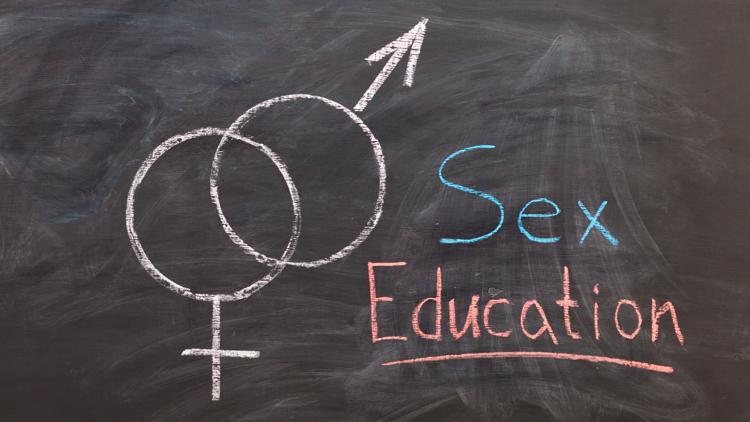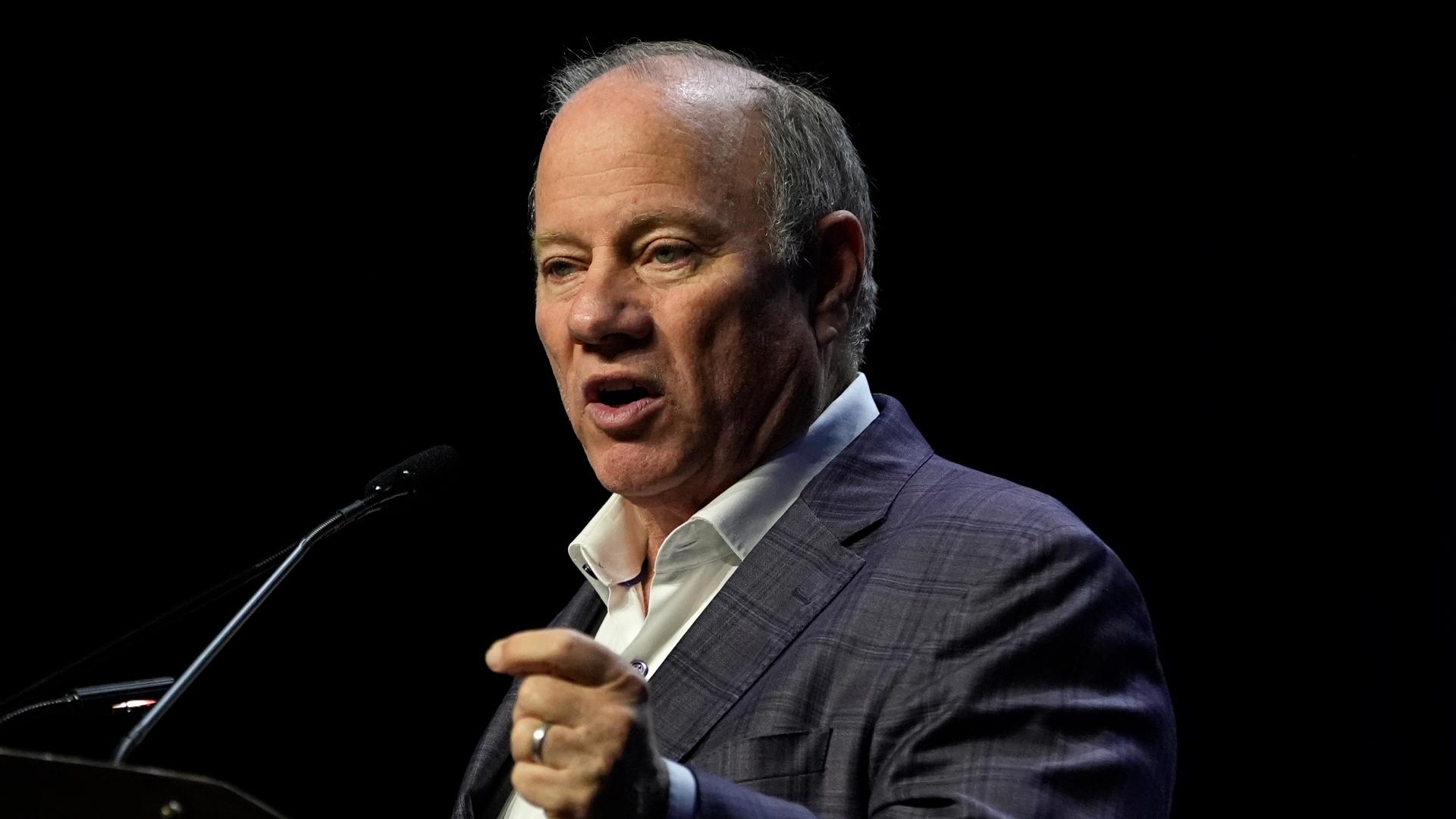LANSING, Mich. — Michigan Democratic lawmakers are hoping to update the state's sexual education curriculum for the first time in decades.
House Bill 6068, introduced by Rep. Rachel Hood (D-Grand Rapids), would overhaul the sexual education curriculum for public school districts in Michigan. This would be the first time that the curriculum saw a change since 2004.
The new legislation would make sweeping changes to how sexual education is taught, including removing the current ban on teaching abortion as part of reproductive health and removing the ban on distributing contraceptives in schools.
As the law currently stands, Michigan public schools are only required to teach students about HIV/AIDS, but individual districts can decide what else to teach students about sex.
Districts have an option to teach the full sexual education curriculum, part of the curriculum, or can opt for an abstinence-based approach to sexual education. The new legislation will still allow for districts to make their own decisions about teaching sexual education in their schools.
The new curriculum would also leave in place the option for a student to opt out of taking sexual education classes without penalty at the written request of the student or their legal guardian(s). And student's parents will still be required to be notified about any scheduled sexual education classes in advance of the class.
One of the bigger focuses of the bill is to only include "factual information" and "medically accurate" instruction, which the lawmakers included definitions for in the legislation:
- "Factual information" includes, but is not limited to, medical, psychological, empirical, and statistical statements.
- "Medically accurate" means information that is verified or supported by research conducted in compliance with scientific methods and published in peer-reviewed journals, where appropriate, and recognized as accurate and objective by professional organizations and agencies with expertise in the relevant field, such as the federal Centers for Disease Control and Prevention.
This focus and those definitions would allow the curriculum to change along with the science of sexual and reproductive health.
While some of the current curriculum would remain in place, the legislation would also change and expand some of the lessons allowed to be taught.
The new curriculum would include lessons on:
- Making optimal sexual health, relationship and well-being decisions.
- Communicating with parents, guardians, health care providers and other trusted adults.
- Developing healthy relationships based on mutual respect.
- How to communicate and recognize consent and the denial or withdrawal of consent.
- The laws surrounding sexual harassment, sexual assault, sex trafficking and sexually explicit material.
- Resources available for sexual and reproductive health, reproductive health care, sexual assault and partner violence.
- All legally available pregnancy outcomes, the laws surrounding them, an individuals rights and the importance of parental care.
- Affirmation and recognition that individuals have different sexual orientations and gender identities.
The updated curriculum still requires public schools to "stress that abstinence from sex is a responsible and effective method for prevention of [sexually transmitted infections]."
The bill also changes guidelines for districts that choose to create sex education advisory boards to make it mandatory that at least 50% of the board members be parents of students in the district and at least two members be students currently in the district.
The bill was introduced to the House on Nov. 12 and referred to the Committee on Education.



